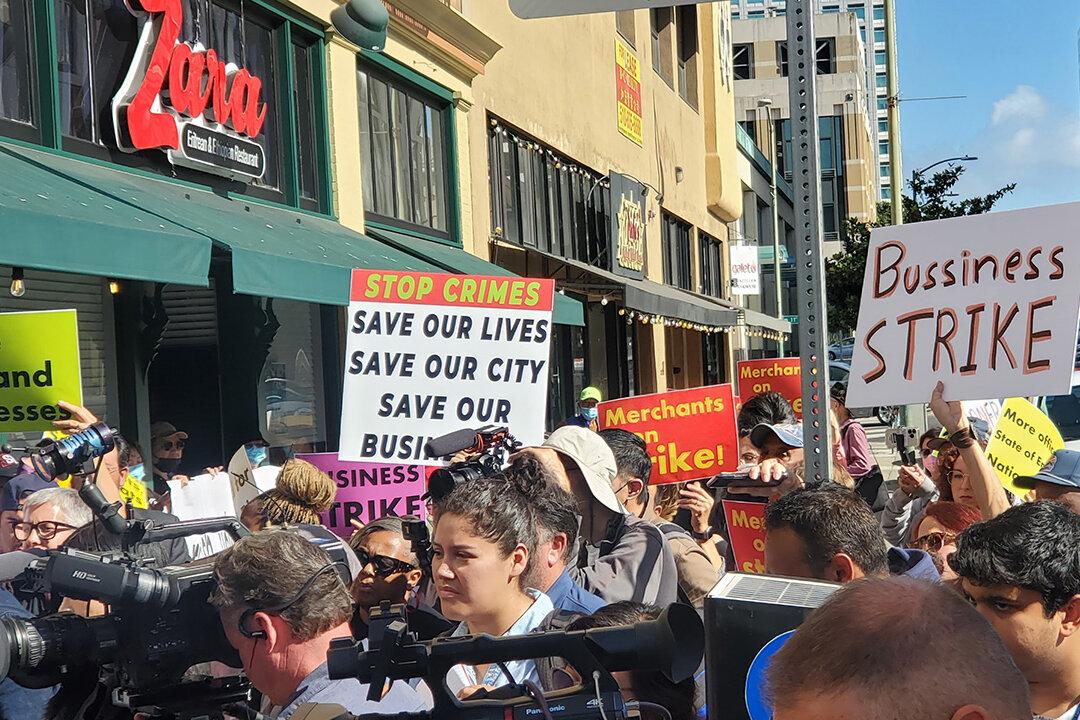Crime is resulting in higher costs for small businesses across the United States, a Job Creators Network Foundation (JCNF) poll shows.
Conducted from Jan. 3 to Jan. 29, the survey found that neighborhood crime has increased costs for 31 percent of brick-and-mortar small businesses nationwide.





